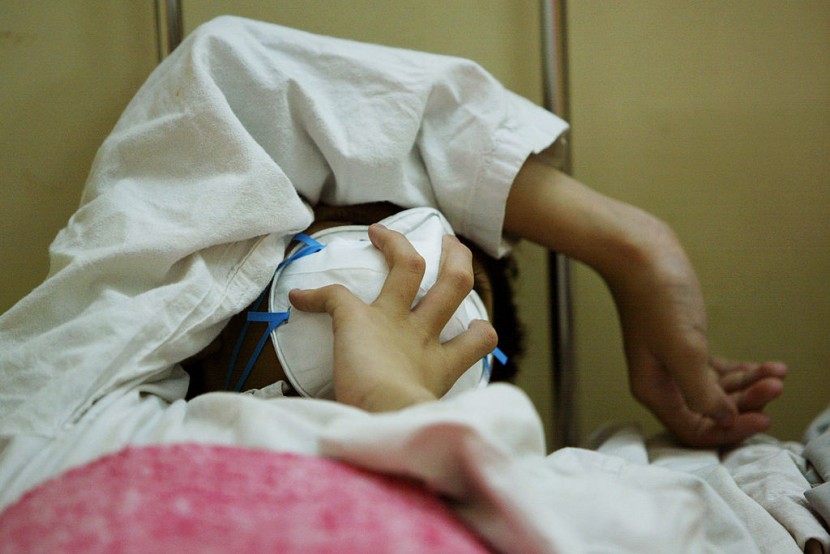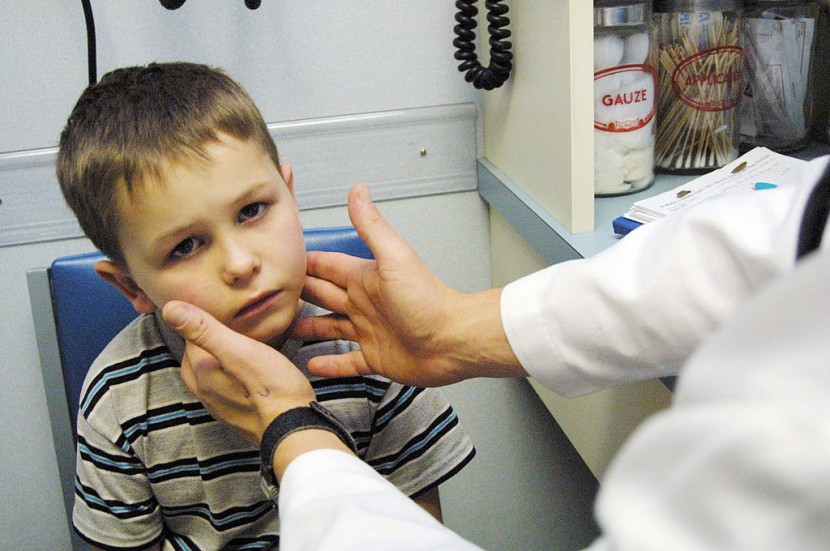A Tennessee teen's flu-like symptoms led to amputations of his feet and hands. His family had to make the difficult decision after the teenager was infected by a rare bacterial infection.
Tennessee: Flu-Like Symptoms Lead To Teen's Amputations

According to Fox News' latest report, 14-year-old Mathias Uribe started developing flu-like symptoms around mid-June.
Before experiencing the symptoms, the teenager visited a doctor twice for the needed treatment. On June 30, his family transferred him to an emergency room after his heart stopped.
Mathias also went into cardiac arrest, as confirmed by his family.
"He needed life-saving support and was flown to two different hospitals. He was diagnosed with pneumonia and streptococcal toxic shock syndrome," said the teenager's family.
When the kid was transferred to the Monroe Carell Jr. Children's Hospital at Vanderbilt in Nashville Tennessee, he was put on life support.
On July 12, the teenager showed signs of lungs and heart improvement, allowing his doctors to remove him from life support.
Unfortunately, doctors explained that Mathias' extremities were not able to receive enough blood flow despite saving his organs.
Because of this, they were left with no option but to amputate his legs and hands. On Aug. 1, the hospital conducted the needed amputations.
The hospital amputated Mathias' right leg below the knee, left leg above the knee, as well as both of his hands above wrists.
Vanderbilt University Medical Center's Dr. Katie Boyle said that her medical team tried the best they could to save as much of the teen's limbs.
All these happened because of this rare, but serious bacterial infection.
What is This Rare Bacterial Infection?

The Uribe family confirmed that their beloved son was infected by STSS (Streptococcal toxic shock syndrome). On its official website, CDC described it as a "rare, but serious bacterial infection."
Health experts said that STSS can sometimes infect people by entering their skin openings, such as injuries and surgical wounds.
They added that the bacterial infection can also enter the body through mucus membranes. These include interior nose and throat skins.
STSS is caused by the bacteria called "group A strep" (A Streptococcus). CDC explained that the actual STSS infection is not contagious.
However, the bacteria that causes it can spread quickly to other people. To avoid contracting this rare bacterial infection, here's what you can do:
- Take antibiotics, if prescribed
- Clean and care for wounds
- Wash your hands often
© 2025 HNGN, All rights reserved. Do not reproduce without permission.








